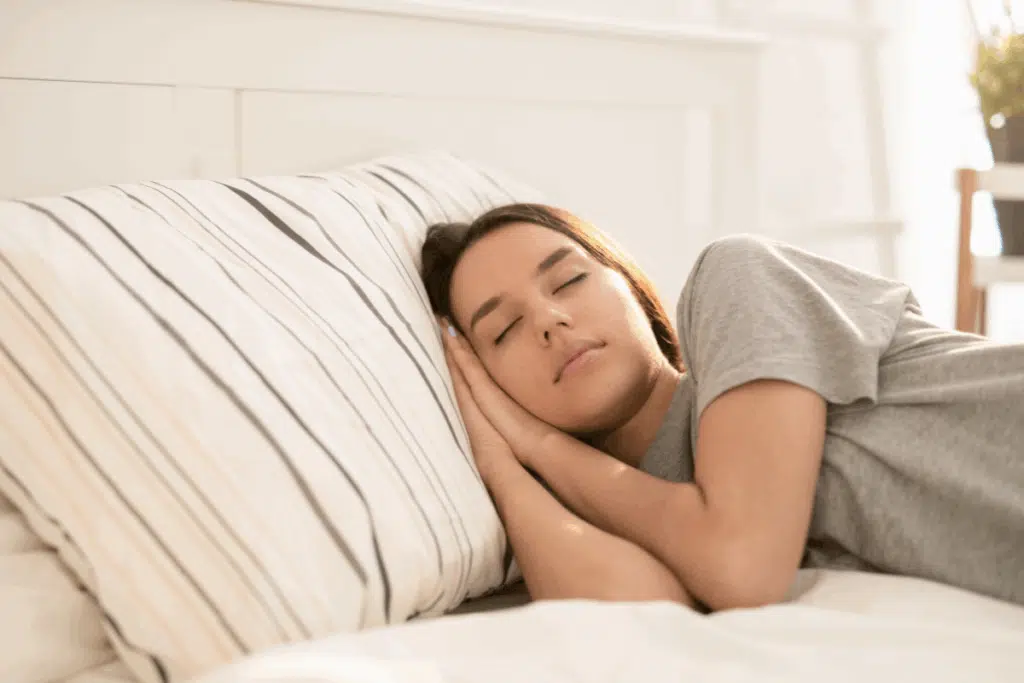10 Game-Changing Habits for Your Best Sleep Yet
If you’re tossing and turning at night, you’re not alone. Quality sleep is essential for good health, but it often slips through the cracks in our busy lives. The good news? Small lifestyle changes can make a big difference. Here are 10 simple habits that can help you rest easier and wake up refreshed.
Stick to a Consistent Sleep Schedule

Going to bed and waking up at the same time every day trains your body’s internal clock and makes falling asleep easier.
Create a Relaxing Bedtime Routine

Reading, stretching, or listening to calming music before bed signals to your body that it’s time to wind down.
Limit Screen Time at Night

The blue light from phones and TVs can interfere with melatonin production, making it harder to fall asleep. Try turning off screens at least an hour before bed.
Keep Your Bedroom Cool and Dark

A cooler room and blackout curtains can create the ideal sleep environment. Darkness helps your body naturally produce sleep hormones.
Avoid Heavy Meals Before Bed

Eating large or spicy meals too close to bedtime can cause discomfort and indigestion, disrupting your sleep.
Cut Back on Caffeine in the Afternoon

Coffee, tea, and even chocolate contain caffeine that can linger in your system for hours. Switch to decaf or herbal teas later in the day.
Be Physically Active

Regular exercise improves sleep quality, but try to finish workouts a few hours before bedtime to avoid feeling too energized.
Limit Naps During the Day

While a short nap can boost energy, long or late naps can make it harder to fall asleep at night.
Manage Stress Levels

Journaling, meditation, or deep breathing exercises before bed can help quiet a racing mind.
Reserve Your Bed for Sleep

Using your bed only for sleep (and not for work, TV, or scrolling) helps strengthen the mental connection between bed and rest.
This post may contain affiliate links or sponsored content. Disclosure Policy







